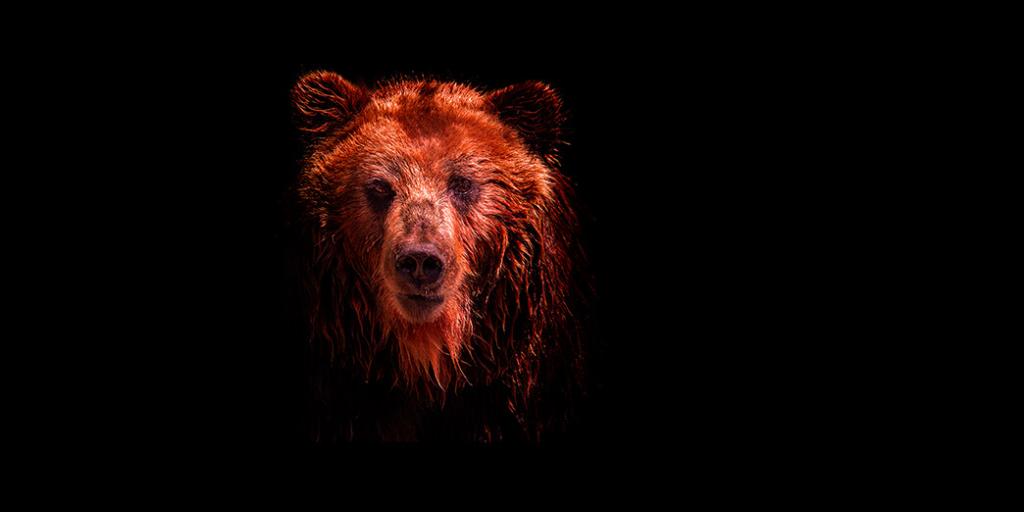
The Bear's Growl
The assigning of animal characteristics to a country is a common practice. The Bible represents Babylon as a lion and Greece as a leopard (Daniel 7:4, 6). Modern-day commentators and journalists also use this type of imagery.
The cover of the March 8, 2014 issue of The Spectator depicts Vladimir Putin as a Russian bear casting his shadow over Western Europe. The European Union appears as a terrified poodle about to be gobbled up.
The idea that Russia is like a bear can be traced back to the 17th century when Tsarist Russia was expanding its control over Swedish-controlled Finland, the Islamist south, and vast tracts of Siberia. Since the times of Peter the Great, Russia has been mistrusted by her neighbours. Soviet Russia may have deposed Tsar Nicholas and ended the reign of the Tsars, but the Soviets themselves never lost the Russian appetite for new lands.
The hibernation period between Gorbachev and Putin seems to be ending as Russian imperialism awakens. It appears that the August 2008 invasion of South Ossetia was not an isolated incident. When Prime Minister Vladimir Putin rolled Russian troops into Crimea, he did so on the justification, in his words, that he was protecting Crimeans who sought to retain their Russian identity.
Crimea had held the status since the 1950s of an autonomous parliamentary republic within Ukraine. Its capital, Sevastopol, is home to the Russian Black Sea navy and the territory is leased from the Ukraine government. Most of the inhabitants of Crimea are either Russian nationals or at least sympathetic to Russia.
After Ukraine’s pro-Russian leader Viktor Yanukovich fled to the east, a pro-European administration has been established in Kyiv. Now, the Crimeans want to establish a separate homeland, and it appears that Putin’s men intend to stay.
When a mother bear sees her cubs threatened, she will lash out in anger. Today, mother bear Russia considers her Crimean cubs to be in danger. The Russian bear has been roused. She is standing on her hind legs and her growl can be heard across the Crimean peninsula. Will Putin push further west into Ukraine? Will his troops ever return to Russia?
The answer may depend on how European and American leaders react. Will they remember that a sharp and determined strike on a bear’s nose will cause it to drop to its four paws and run away? Tellingly, recent U.S. Presidents have largely forgotten that lesson.
By contrast, U.S. President John F. Kennedy understood the point of the “big stick” during the Cuban missile crisis of 1962. When Russian transport ships approached Cuba, Kennedy warned Khrushchev that a real danger of nuclear war was imminent. Khrushchev turned tail and ran.
Today, can the Europeans use a “big stick” on Russia? They may want to use their combined military power, but it would require the consent of all 28 member-states of the Union and no European military power exists yet. Can they rely on an increasingly neutered United States? Probably not.
For the moment, Europeans are left with economic sanctions and diplomatic efforts to oust the Russians, but if the Ossetian example is to be considered, Russia looks ready to stay in Crimea.
Order your free copy of Armageddon and Beyond to see what lies ahead for the world. Russia is set to play an important part in the events that lead up to final conflagration that will come upon planet Earth.
Stay up to date with our Weekly Digest Email!
Tomorrow's World ComMentary Podcast
Subscribe to Tomorrow's World Commentary podcasts on iTunes and Google Play!



